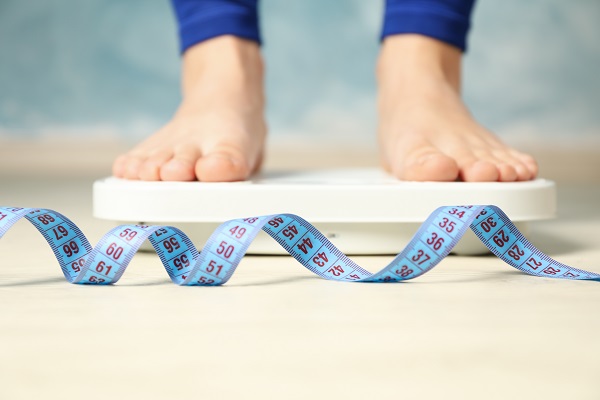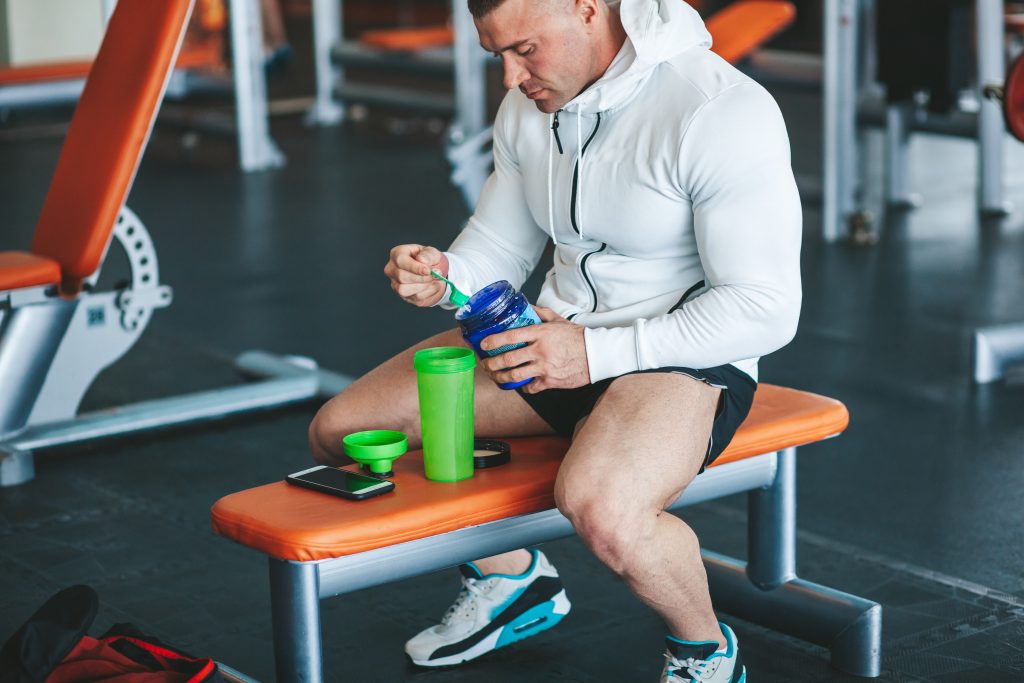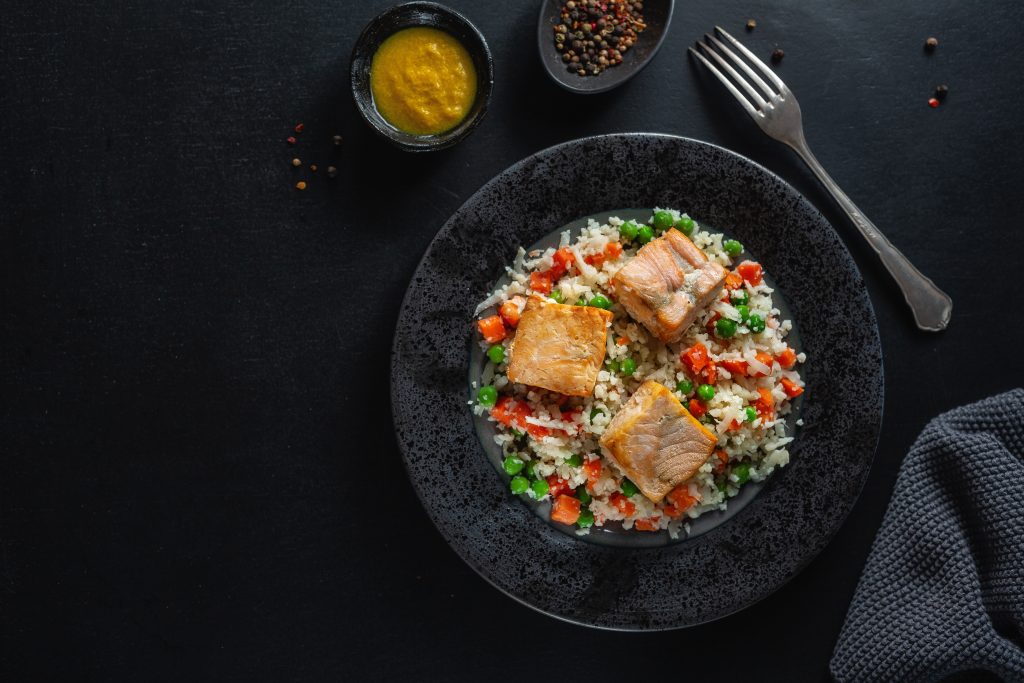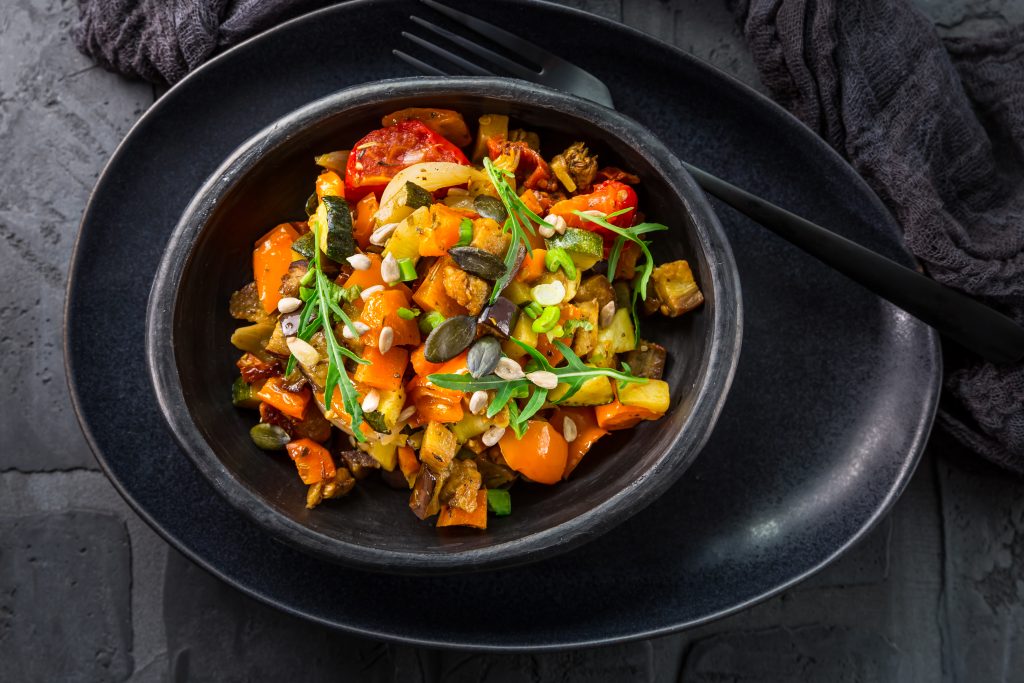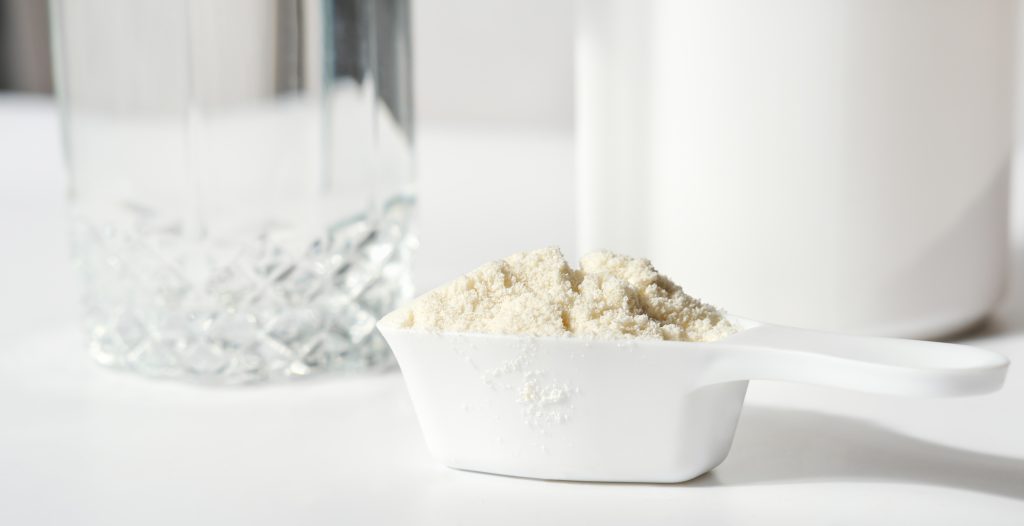Protein is one of the vital macronutrients our body needs for optimal function, especially regarding weight management. From building muscle to keeping you feeling full, protein plays a key role in your health. This article will delve into the power of protein and how high-protein foods can help you lose weight. It will discuss its impact on your body, the best protein sources, and even provide a sample high-protein meal plan for weight loss.
Contents
- 1 The Role of Protein In Weight Management
- 2 Harnessing The Power Of Protein For Weight Loss
- 3 High-Protein Foods To Include In Your Diet
- 4 The Downside Of Excessive Protein Intake
- 5 Protein and Exercise: A Winning Combination
- 6 Sample High-Protein Meal Plan For Weight Loss
- 7 Plant-Based Protein Sources for Vegetarians and Vegans
- 8 Protein Supplements: Are They Necessary?
- 9 Combating Common Myths About Protein And Weight Loss
- 10 The Power Of Protein In Weight Loss
The Role of Protein In Weight Management
Protein is a powerhouse when it comes to weight management. One of its key benefits is its ability to promote satiety or the feeling of fullness. High-protein foods take longer to digest, keeping us feeling fuller for longer, which can help prevent overeating and snacking between meals.
Protein requires more energy to metabolize than fats and carbohydrates, meaning your body burns more calories processing protein, which can aid in weight loss. Moreover, protein has a high thermic effect on food (TEF). The TEF refers to the energy required to digest, absorb, and process nutrients.
Harnessing The Power Of Protein For Weight Loss
The power of protein can be harnessed effectively for weight loss by consuming a balanced diet rich in high-protein foods. This doesn’t mean you should only eat protein; carbohydrates and fats are also important. However, focusing on protein can help keep hunger at bay while boosting your metabolism.
Protein pacing is another strategy that can assist with weight management. This involves consuming protein-rich meals evenly throughout the day. This strategy can help maintain muscle mass and enhance recovery after exercise, but it also revives your metabolism and helps manage hunger.
High-Protein Foods To Include In Your Diet
There are many high-protein foods that you can incorporate into your diet. Lean meats such as chicken, turkey, and fish are excellent protein sources. Eggs and dairy products like Greek yogurt and cottage cheese also pack a protein punch.
If you’re a fan of legumes and grains, lentils, chickpeas, quinoa, and amaranth are rich in protein. Nuts and seeds, such as almonds and chia seeds, also provide a good dose of protein. Including a variety of these foods in your meals will ensure you get enough protein while also benefitting from other nutrients these foods provide.
The Downside Of Excessive Protein Intake
While protein is essential for weight loss and overall health, it’s important to be mindful of the potential downsides of consuming too much protein. Excessive protein intake can damage the kidney, particularly in people with existing kidney conditions. It can also lead to nutrient deficiencies if it crowds out other important food groups in your diet.
Moderation is key when it comes to protein consumption. The recommended dietary allowance for protein is 46 grams daily for women and 56 grams for men. However, individual needs can vary depending on age, sex, physical activity level, and overall health.
Protein and Exercise: A Winning Combination
Pairing a high-protein diet with regular exercise is a winning weight-loss combination. Protein provides the necessary nutrients for muscle repair and growth, essential after a strenuous workout.
Combining high-protein foods and exercise can significantly enhance your weight loss efforts. As muscles burn more calories than fat, having more muscle can boost your metabolism and help you burn more calories, even at rest. Regular exercise, particularly strength training, can also increase your muscle mass.
Sample High-Protein Meal Plan For Weight Loss
Planning your meals can make incorporating high-protein foods into your diet easier. Here’s a sample one-day meal plan:
- Breakfast: Scrambled eggs with spinach and whole grain toast.
- Lunch: Grilled chicken salad with a variety of colorful vegetables.
- Afternoon Snack: Greek yogurt with a handful of almonds.
- Dinner: Baked salmon with quinoa and steamed broccoli.
- Evening Snack: Cottage cheese with sliced peaches.
Remember, this is just a sample. Feel free to swap out any foods you don’t like and replace them with other high-protein options you enjoy.
Plant-Based Protein Sources for Vegetarians and Vegans
There are plenty of plant-based proteins to choose from. Lentils, chickpeas, tofu, tempeh, and edamame are all protein-rich. Vegetarians and vegans can also reap the power of protein for weight loss.
As with any diet, variety is key to getting a wide range of nutrients. Whole grains like quinoa and amaranth are also excellent sources of protein. Nuts, seeds, and vegetables like spinach and broccoli can also contribute to your daily protein intake.
Protein Supplements: Are They Necessary?
While protein supplements can be a convenient way to boost your protein intake, they are unnecessary for everyone. If you can meet your protein needs through food, that’s the ideal route, as whole foods offer additional nutrients that supplements typically lack.
However, supplements can be beneficial in certain circumstances. For example, a protein supplement might be a good option if you’re very active, have difficulty meeting your protein needs because of dietary restrictions, or have a busy lifestyle that doesn’t always allow for full meals. Before starting any supplement regimen, consult a healthcare professional or registered dietitian.
Combating Common Myths About Protein And Weight Loss
Several misconceptions surrounding protein consumption can hinder your weight loss efforts if not clarified. One such myth is that a high-protein diet can cause harmful effects like kidney damage in healthy individuals. While excessive protein intake can harm people with existing kidney conditions, research shows that a higher protein intake does not affect kidney function in healthy individuals. Therefore, a well-planned high-protein diet can safely be part of a weight loss strategy for most people.
Another common misconception is that all proteins are created equal. The truth is the quality and source of protein matter. For instance, proteins from whole foods come packed with other essential nutrients and fibers, which are crucial for overall health and weight management. On the other hand, processed meats, although high in protein, also contain unhealthy fats and additives. Therefore, choosing high-quality protein sources balanced with other macronutrients is key to a healthy, weight-loss-friendly diet.
The Power Of Protein In Weight Loss
As we’ve explored, protein is a potent ally in the quest for weight loss. It keeps us feeling full, helps to increase our metabolism, and aids in muscle repair and growth. By incorporating a variety of high-protein foods into our diets and pairing this with regular exercise, we can harness the power of protein for effective weight management. Remember, balance is key, and while protein is important, so are carbohydrates, fats, and a colorful array of fruits and vegetables. Here’s to harnessing the power of protein and achieving your weight loss goals!
